The river with that impressive name seems to stay with him forever, starting with: “One side is muddy, one side is clear/ thinking about it makes me miss the two halves/ like an unfinished love/ the Thuong River has two streams” and ending with: “Hungry, ragged, forever gone/ dreaming of tomorrow returning to the old Thuong River/ where there is my childhood and my sister/ both the clear and muddy streams of my life”.
The whole poem is a heavy and sympathetic confession in a specific situation: One side is muddy, the other side is clear, a river always divided into two halves, always divided into two streams, like an unfinished love. However, the poet still cannot let go, and even though he has to "Starve, ragged, and go away forever", in his heart he still "Dreams of returning to the old Thuong River tomorrow".
Accepting and not giving up; considering the painful past as a part of one's flesh and blood; considering life as an excuse to reflect and always wanting to overcome it, not letting it crush... is this perhaps the starting point of Pham Hong Nhat's poetry?
Then, on the "foundation" of this starting point, like many other poets, Pham Hong Nhat had the consciousness to nurture the necessary and sufficient loneliness. Otherwise, why did he confide in "Luc Bat Hai Phong ": "Passing Ben Binh upstream to Xi Mang/ alone in the middle of Hai Phong street, I am alone" ? Otherwise, why did he confide in "Uong ruou mot ca": "Gold sinks, fate floats, duckweed drifts/ it is not easy for someone in the world to understand me" ? Otherwise, why did he confide in "Kiem tim": "Sad, I look for myself/ so many desires drift away to the Turtle Tower" ? Otherwise, why did he sometimes admit himself in "Every day" like this: "I am a distant traveler/ stepping on the Milky Way to return home..." .
Those are talented poems, with identity and carry a very significant "content" on their own.
But for Pham Hong Nhat, loneliness does not mean being withdrawn, being pessimistic, only knowing oneself and eliminating oneself. In many poems, he looked outwards, in order to sympathize with all the fates of people around him. When witnessing the life of a knife sharpener, he developed the poem "The Sharpening Stone" with deep meaning and ideas. When setting out, "Going dulls the earth/ under the sky" ; but when returning, "The knife is sharp, the road is slippery". When looking at "The children lying sleepily on all sides", he sympathized with the sleep of street children: "Where will you go? Oh sleep without mosquito net/ empty bag, tattered clothes/ shoulders limp with so many things to remember/ with the stormy road chasing behind" ...
When he saw the words “The most majestic pass in the world” at the gate of the Great Wall, he still saw the price he had to pay. That was why he exclaimed: “For more than two thousand years/ the Great Wall of stone has towered and twisted/ thousands of kilometers/ hundreds of thousands of corpses have been left to dry” ...
Besides, Pham Hong Nhat also has moments of drifting and wavering, the truth and falsehood of a precious poet. The most obvious is in “Drinking alone” with the two pairs of six and eight below: “Together, we grill half the game/ The remaining half of life, half empty and half sinking; Raising a glass, we touch each other/ If my back is cold, we contribute to the winter” .
In the midst of the chaos of restless poetic details, Pham Hong Nhat still has beautiful poetic details, like his own quiet moments: "The red cotton tree, the guest sits waiting/ like a person missing someone/ missing but not daring to call/ ferry" ("The Call of the Ferry on Ha Chau Wharf") or: "Phan Thiet is like an unfinished poem/ a land of love between the sky and clouds/ joy between mountains, forests, rivers/ for generations, the sand dunes have been flying" ("Phan Thiet").
A person who loves or cares for an entire flower's life, even though the flower has fallen, thus expanding the meaning to "pity many fates" like that, is truly precious!
Source: https://hanoimoi.vn/thuong-den-ca-mot-kiep-hoa-720281.html


![[Photo] Solemn opening of the 10th Session, 15th National Assembly](https://vphoto.vietnam.vn/thumb/1200x675/vietnam/resource/IMAGE/2025/10/20/1760937111622_ndo_br_1-202-jpg.webp)

![[Photo] National Assembly Chairman Tran Thanh Man holds talks with Hungarian National Assembly Chairman Kover Laszlo](https://vphoto.vietnam.vn/thumb/1200x675/vietnam/resource/IMAGE/2025/10/20/1760952711347_ndo_br_bnd-1603-jpg.webp)
![[Photo] Chairman of the Hungarian Parliament visits President Ho Chi Minh's Mausoleum](https://vphoto.vietnam.vn/thumb/1200x675/vietnam/resource/IMAGE/2025/10/20/1760941009023_ndo_br_hungary-jpg.webp)
![[Photo] The Steering Committee of the 2025 Fall Fair checks the progress of the organization](https://vphoto.vietnam.vn/thumb/1200x675/vietnam/resource/IMAGE/2025/10/20/1760918203241_nam-5371-jpg.webp)
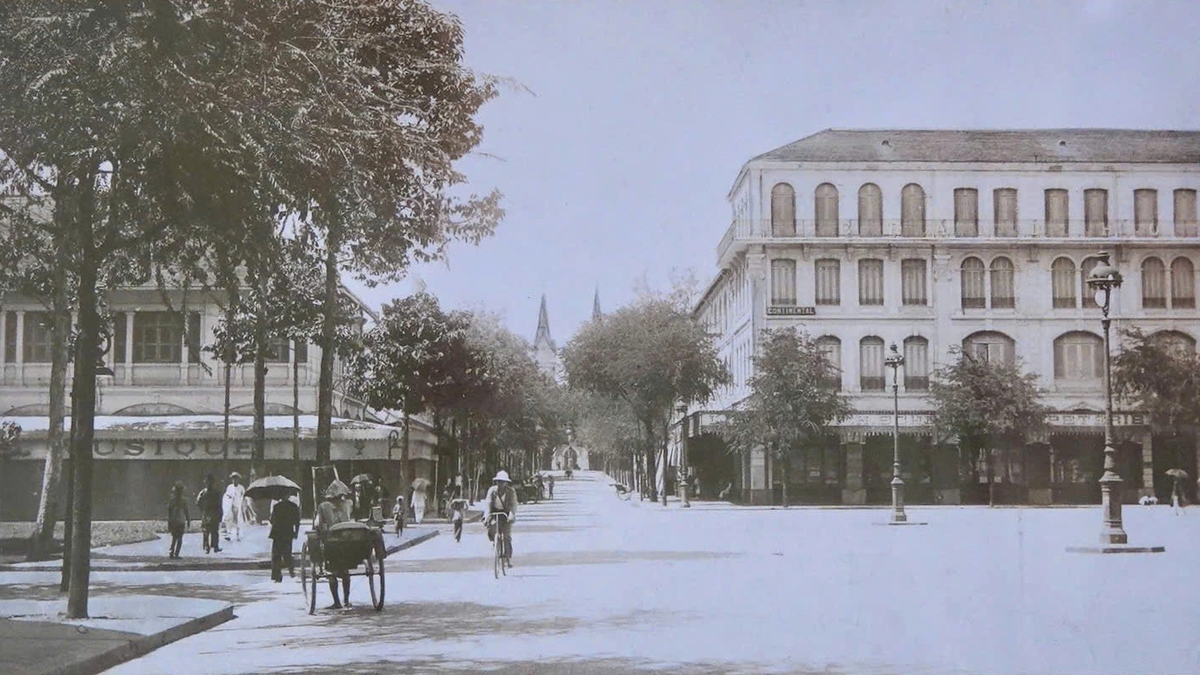
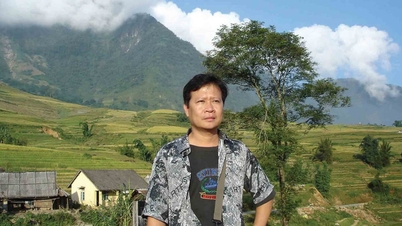






























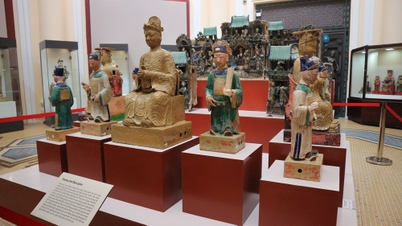
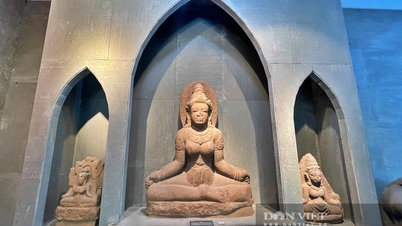

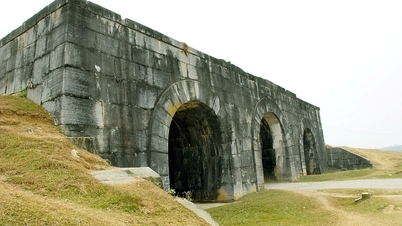











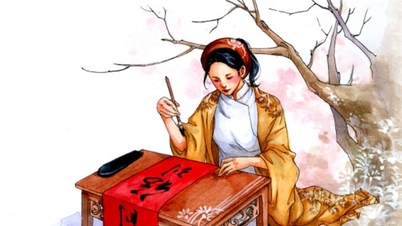

















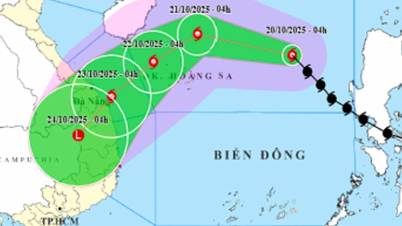









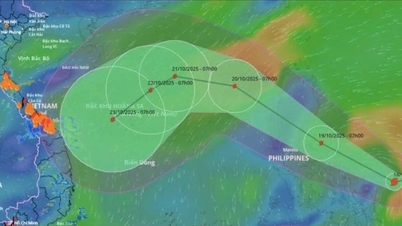









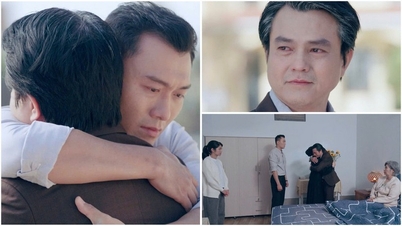













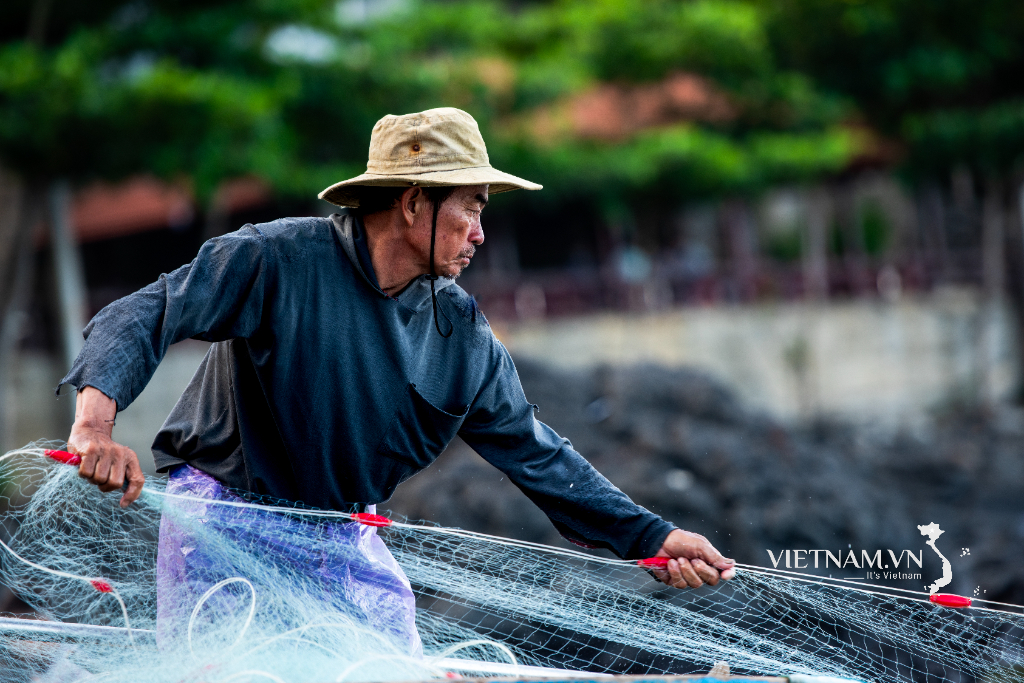


Comment (0)